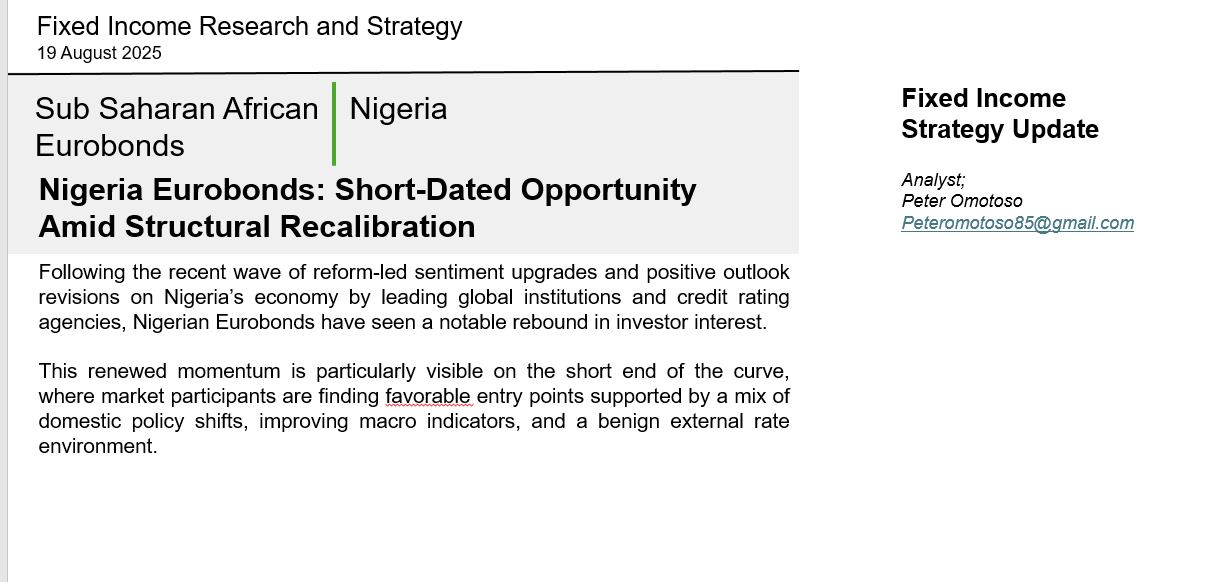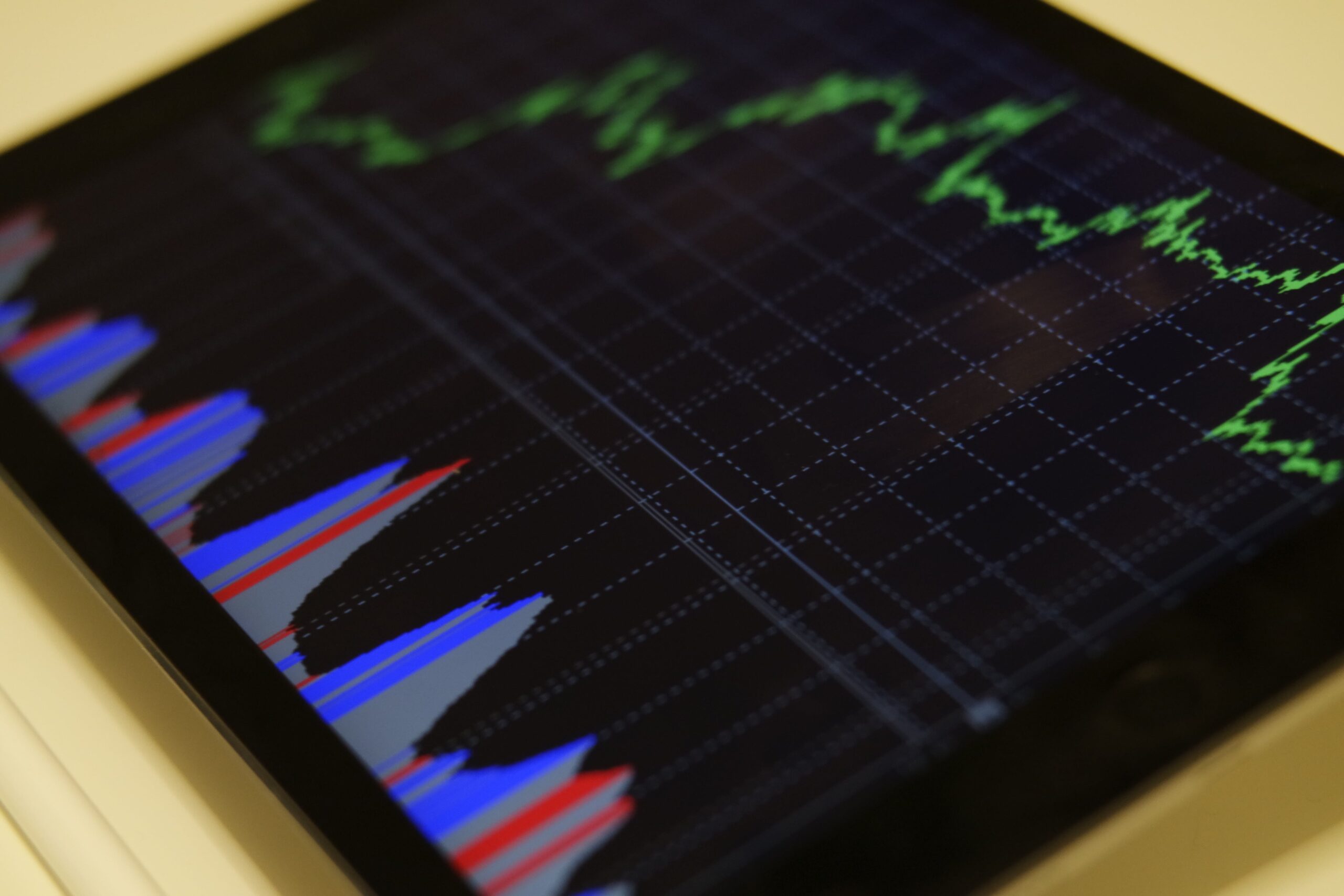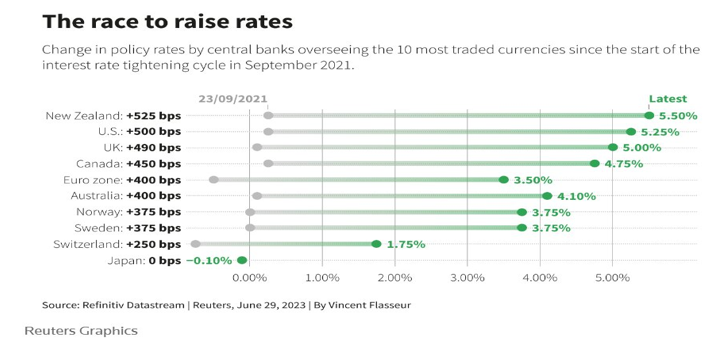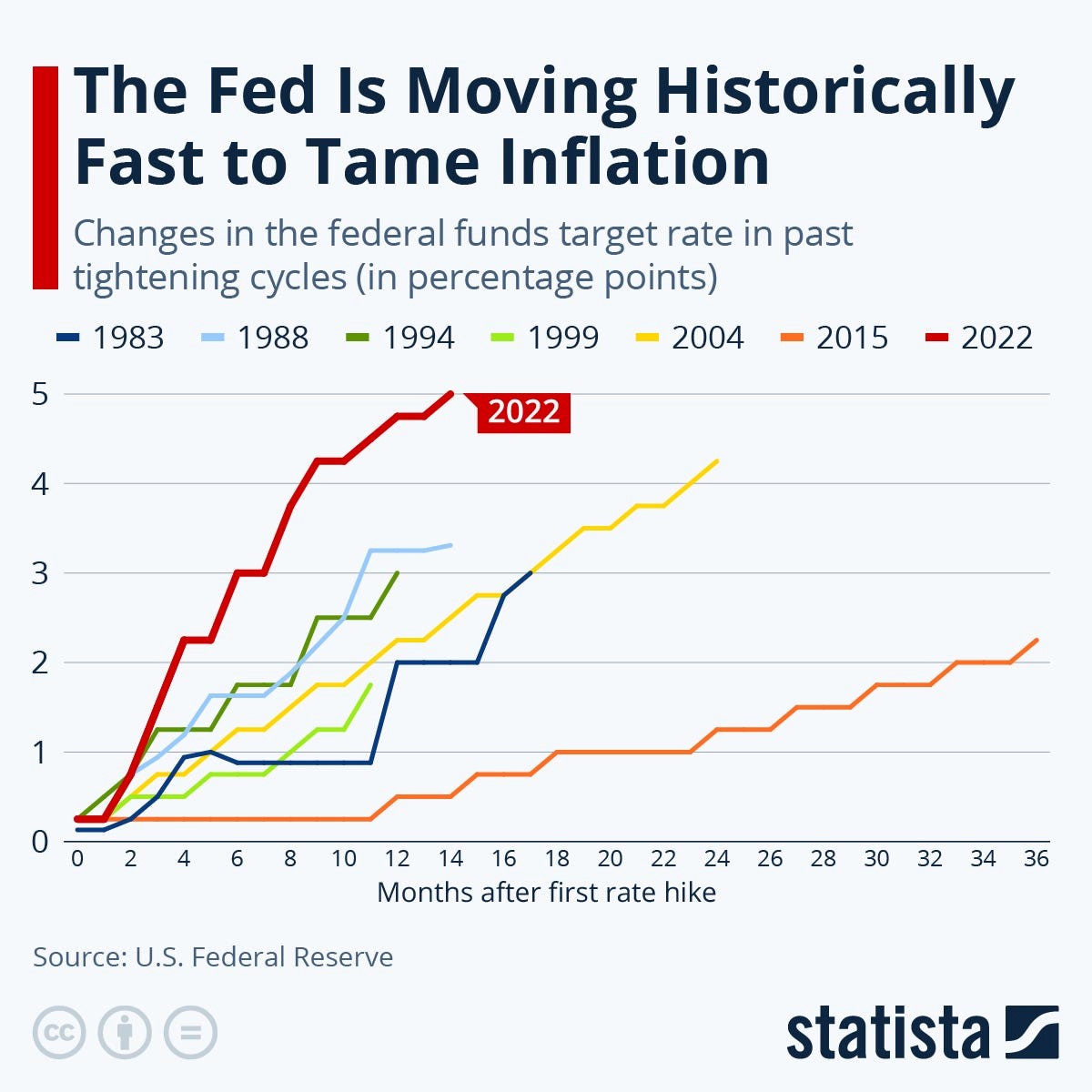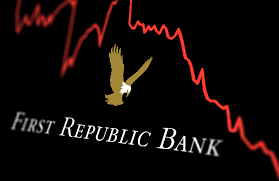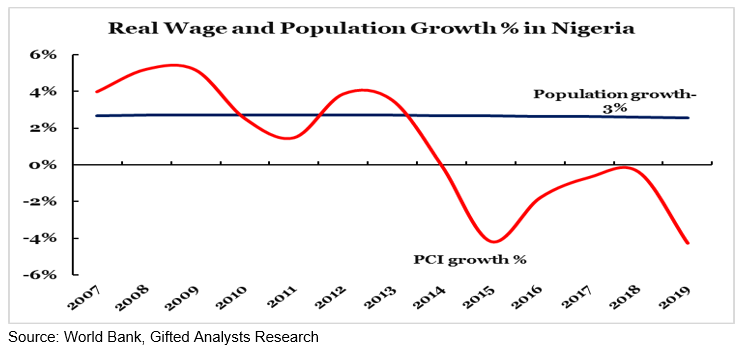An Assessment of NNPC Remittances to the Federation
The recent rise in NNPC remittances marks a positive development for Nigeria’s revenue profile. With payments made in U.S. dollars, these inflows have also supported growth in foreign exchange reserves. FX reserves increased from US$37.9 billion at the end of April to more than US$42 billion at the end of September. This increase has also supported positive domestic and foreign sentiment, with the net impact being an appreciation of the currency to below NGN1,500/USD since 15 September.

